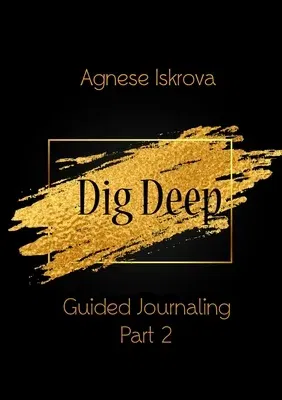Part 2 of journaling workbooks contains a long list of prompts to work
on, to dig deep, to get into the habit of journaling. When you reflect
upon your own thoughts and experiences, you are telling your own story
and finding a new meaning there. Journaling makes you think. Think more.
And then even more. Think about yourself, about how you feel, about what
is going on in your life. Journaling is a form of reflective writing; it
improves one's decision making and critical thinking. It is invaluable
when it comes to examining past experiences, evaluating your actions or
just digging deep and seeing what is there behind the surface. It calms
the mind, it lets you think with more clarity. Journaling gives you a
safe space to explore any idea you might have. It gives you an easy way
to unload what is keeping your mind busy and overwhelmed. It can help
you heal in both long term and short term. Once you have written down
your thoughts, your mind is more at ease. It helps to get in touch with
your emotions. Most of us are too busy to dig deep and let their
emotions be, even if for a few minutes and on paper. It is actually when
you start to delve deeper into your feelings and thoughts that you
produce better results in everything you do. Dig deep! Think about each
question. Let yourself write down more than just short, basic answers.
Write down all emotions that surface. Let your hand write it all down.
Do not judge any of this, do not label it, let it flow. Let it go as
deep as it will, go back in time as far as you can, free-write as much
as you can. The more you let yourself write, the more you will uncover.


